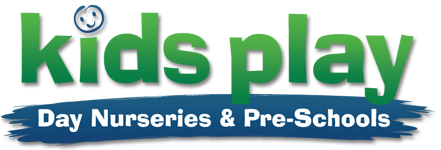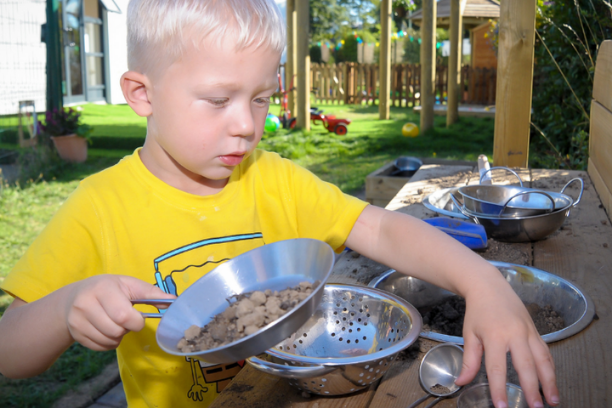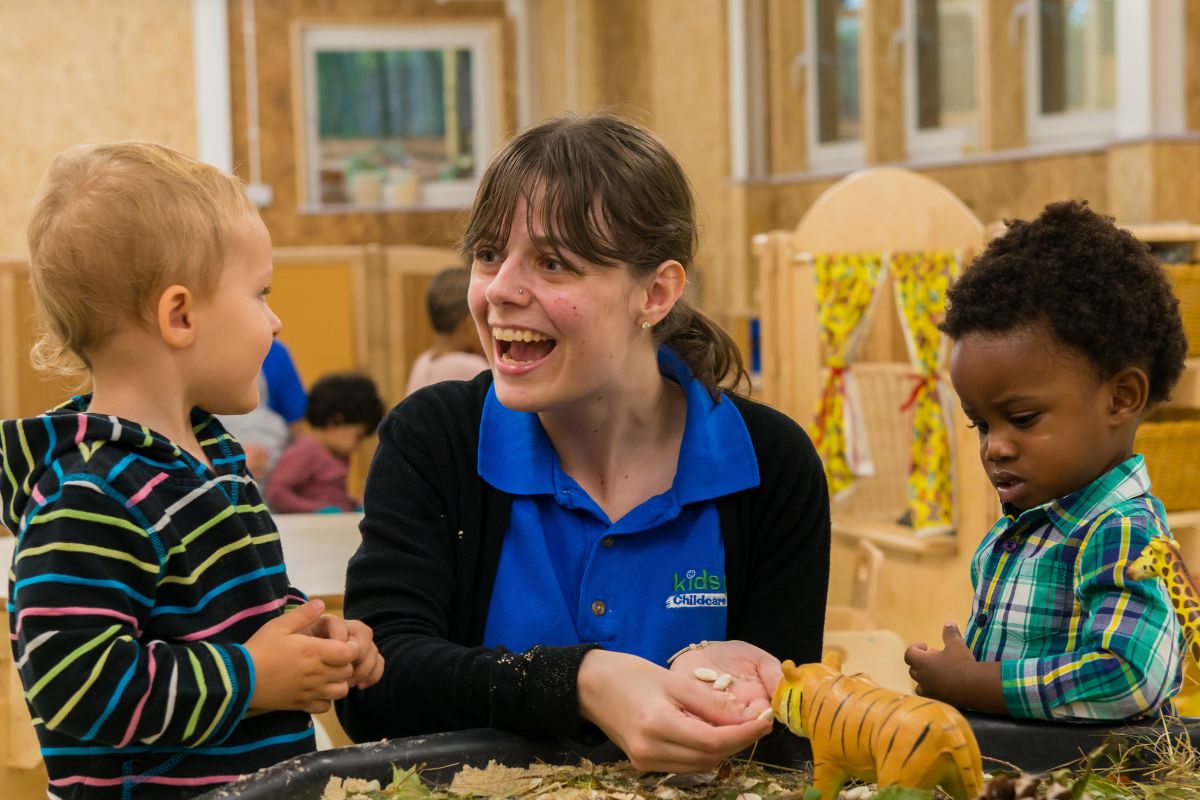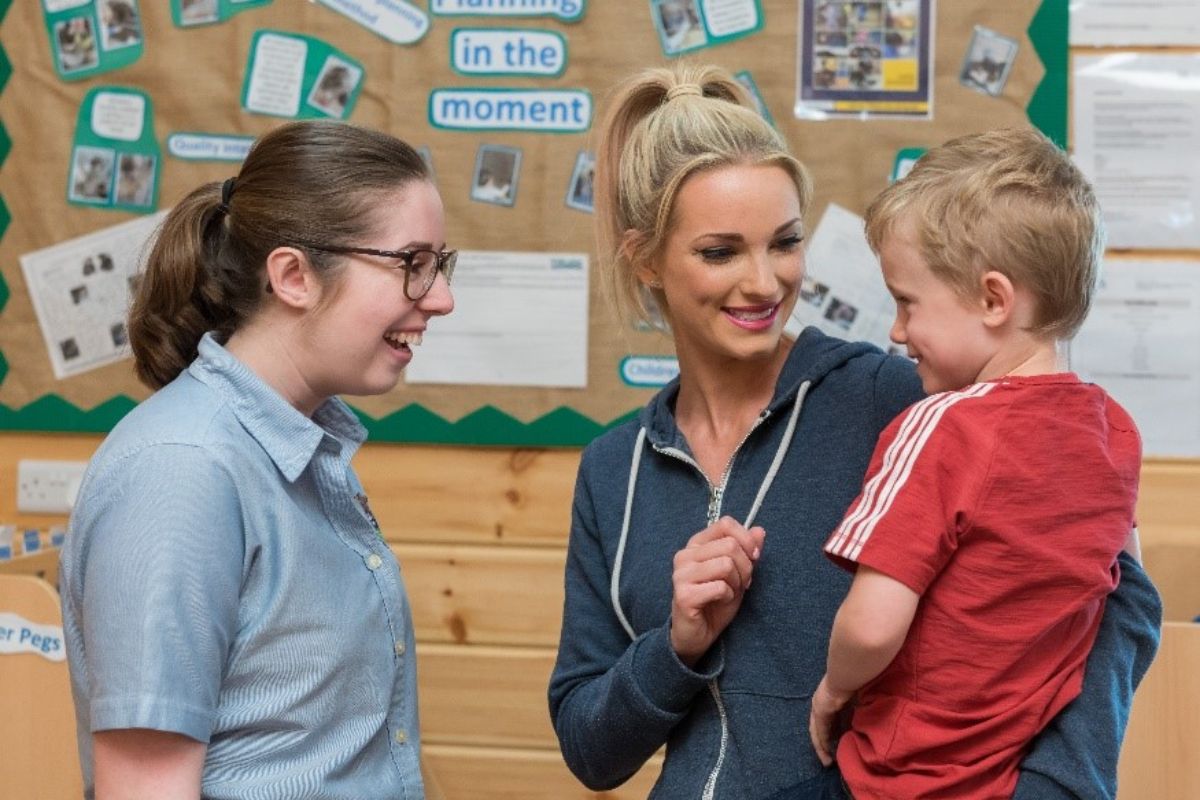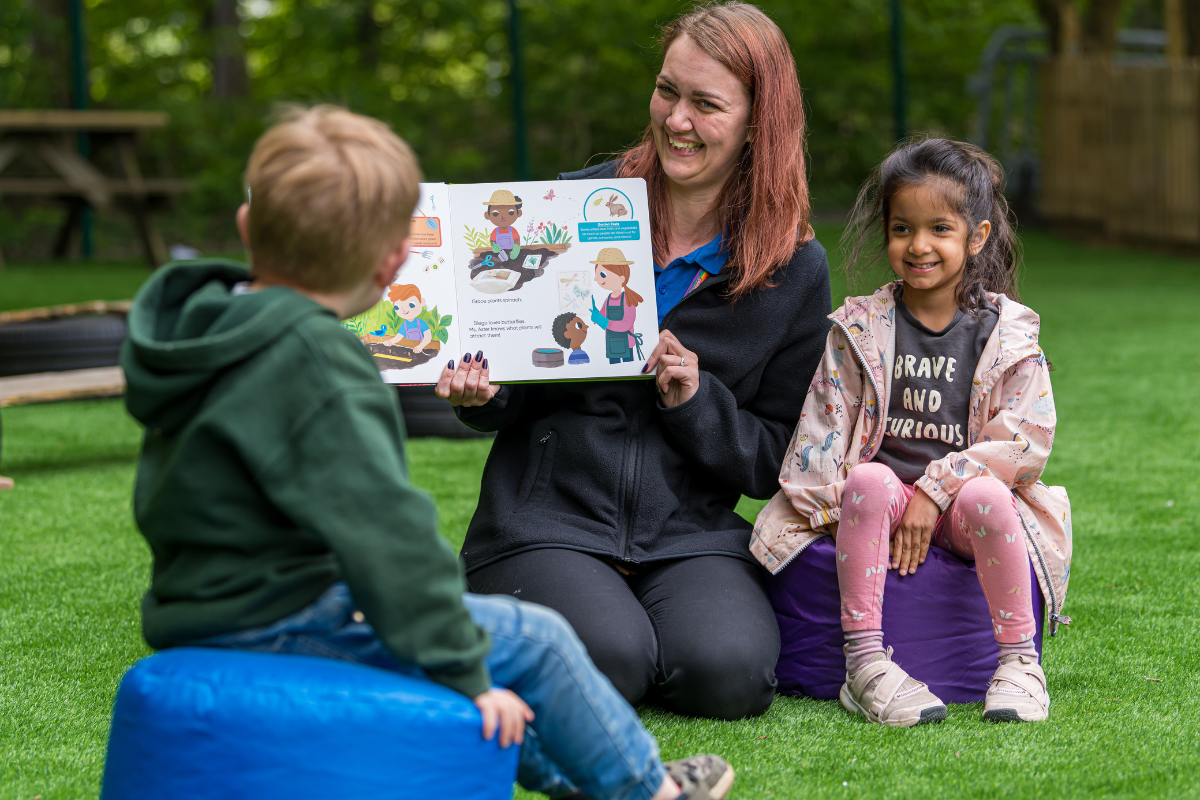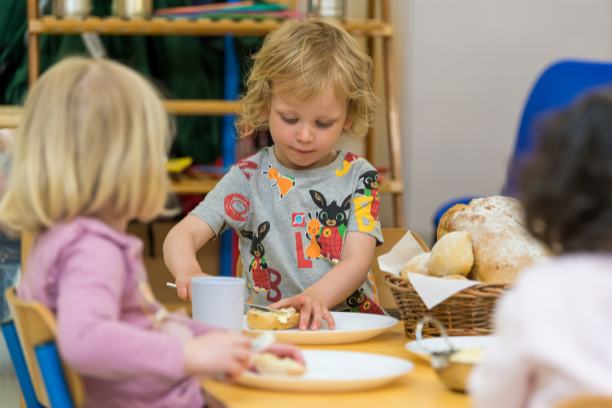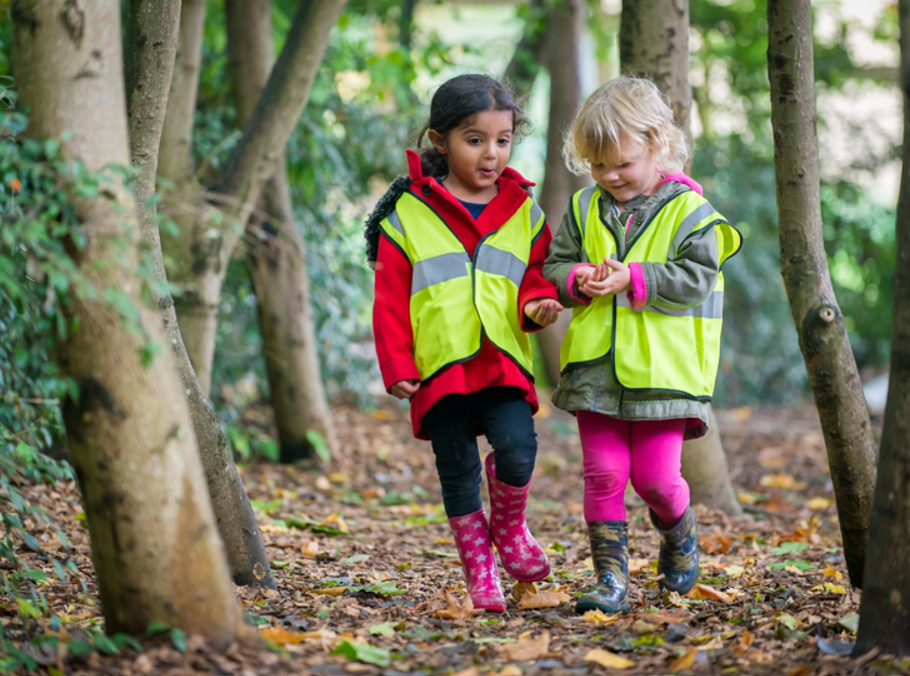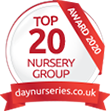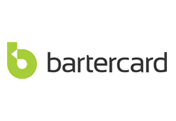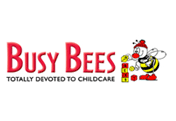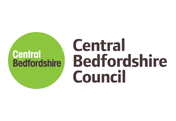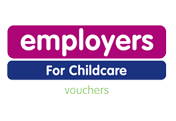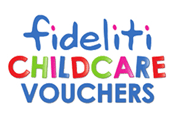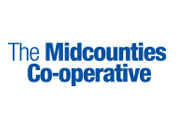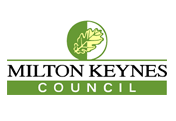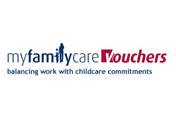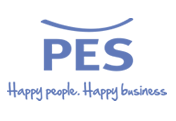Supporting early language and communication in the younger years is extremely important to develop your child’s mind to their fullest potential. By encouraging early language and communication development, it supports a child’s ability to communicate effectively, a skill that forms the basis of building relationships that they will develop through to adulthood.
Practicing early language and communication also supports a child’s ability to not only express their feelings but to also understand them, as well as to listen to others and their feelings, ensuring that their peers feel understood.
This article will go into further detail about several experiences you can try with your child to support their language development from an early age, and how you can develop this as they get older to make the most out of their learning.
From birth to early years
There are many day-to-day communications with your little one that you can take on to support their language and communication development. Exposing them to this will subconsciously develop their skills and encourage a response through learning.
By describing what you are doing in day-to-day processes, such as getting dressed or feeding time, it begins to build basic understanding of language, sentence formation, and highlights key words that will be recognised by your child. Pointing out colours and shapes, talking about sounds and using gestures can also be an effective way to develop your child’s learning due to the associations made.
When having a conversation with your child, be sure to encourage them to repeat words back to you, as repetition will make the topic of conversation more memorable. You can develop this further through responding through body language and facial communication, as this helps develop understanding of feelings and expression.
From toddler to pre-school
After the basis of language and communication has been learnt, you as a parent/carer can assist in developing this further. One way you can do so is by encouraging your child to complete full sentences, enabling them to practice structuring a sentence around the key words they feel confident with. For example, if a child says, ‘want drink’, you can extend their sentence and repeat back to them ‘Would you like a drink?’ to demonstrate this.
By asking your child questions that include them in making choices, will encourage a sense of independence, allowing them to practice making their own decisions and understanding which they would prefer. There is nothing wrong with using baby talk for a basis of understanding, but by using the ‘adult wording’ afterwards it will assist in developing the understanding of the words proper form as their speech begins to mature. Importantly remember to give your child time to understand what you are saying before speaking further.
By talking specifically about what you can see/hear/smell, you will develop your child’s understanding of our five senses as a basis of conversation. This will effectively improve their descriptive skills and build upon their ability to communicate. Singing simple songs and nursery rhymes is also an effective method for developing language in the early years, as it will teach your child the rhythm of speech, as well as gaining the basic understanding of syllables and rhyme.
Experiences to take part in
Role play
Role play is a great way to expand your little one’s language and develop skills through elements of creative play. Not only does role play support the development of speech, but it also plays massively on a child’s imagination and communication, by allowing them to communicate ideas thought up by themselves with no limits or boundaries on reality. By including open-ended possibilities, it fosters thinking as the child has full control of the situation and what it may turn into.
Here at Kids Play we love nature-based learning and mud kitchens are one way to effectively implement role play situations, as they give children full control over their play, using imagination to interact with other children and develop their language skills through extended vocabulary.
Action stories
Action stories are stories consistent of action and energy throughout and allow a child to elaborate their imagination through fiction storytelling. Children use gestures to act out their stories and to develop simple language, by pairing a movement with a word to describe the action.
Action stories can be about any topic, from simple day-to-day experiences to as creative as visiting space. Children progress their early learning and communication through excitement of telling the story, by forming new ideas, images, and concepts which they bring to life through speech.
‘What is in the box?’
An easy game to play around the house or surrounding outdoors area is a game called ‘What is in the box?’. This game focuses on description to develop language and vocabulary, whilst forming proper sentences about everyday items you may interact with. To play, you simply collect some everyday objects from around the house and garden and put them in a box, before taking it in turns to pull an item out of the box and talk about it.
How far you develop this game is up to you and your child’s ability. You can develop this game to include descriptions of our five senses, discussing how it feels, looks, or smells, or simply what it is used for. You can also use actions to accompany or explain the item. For example, a toothbrush and the motion of brushing your teeth. This will help the child to develop their descriptions quicker due to modelling them and incorporating them during play.
By including these methods of developing language and communication into your everyday lives and daily routine, you will be accompanying faster and more in-depth development from an early age, allowing your child to continue progression and build upon their communication as they get older.
By repeating these methods, children will learn from a young age about the importance of emotion, communication, and expression, enabling them to use these skills day to day.
Back to Articles
